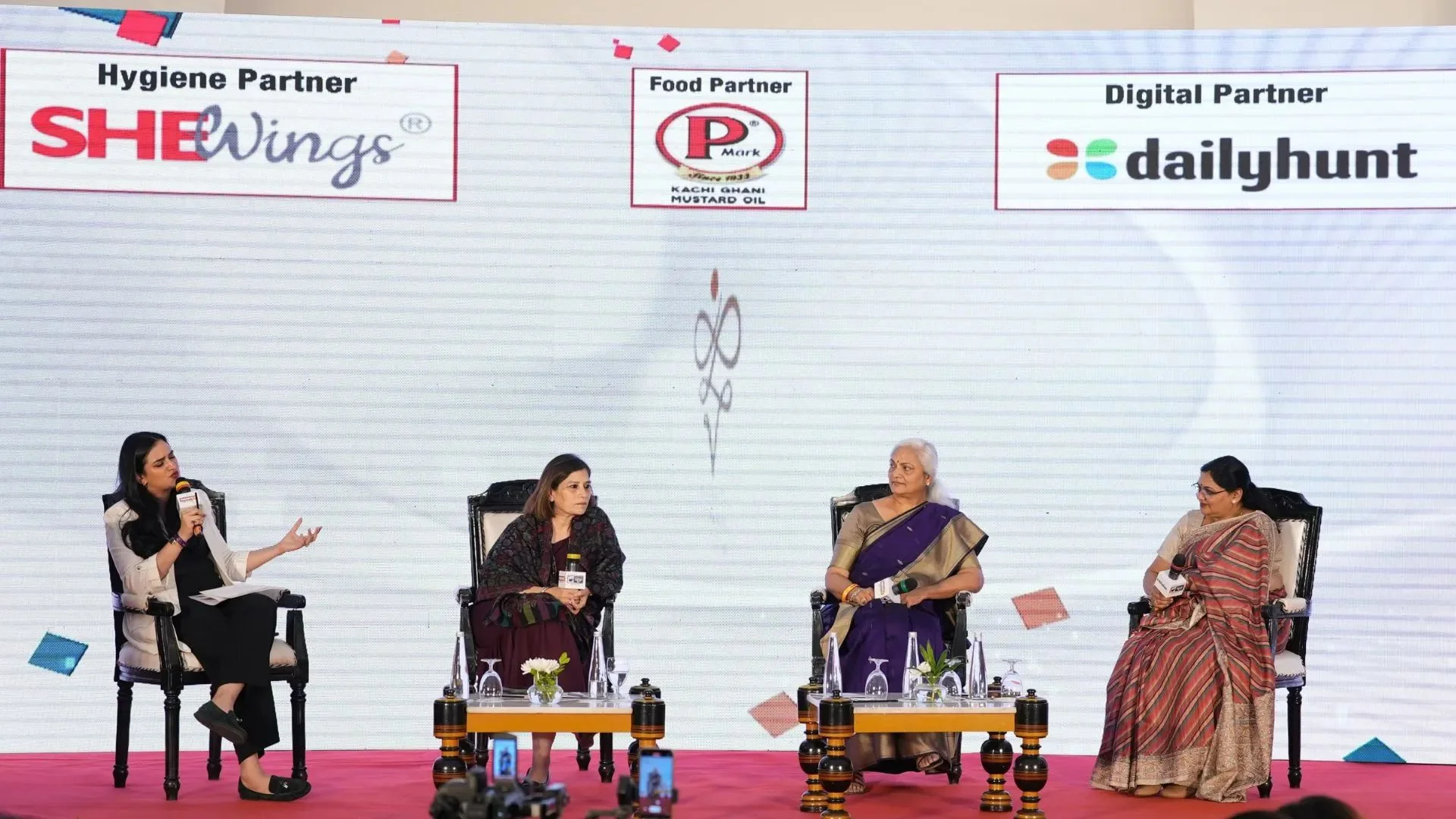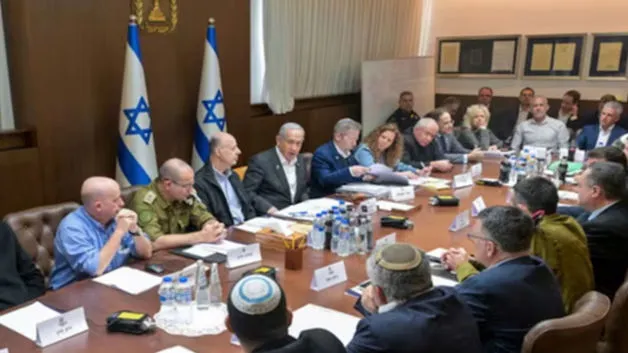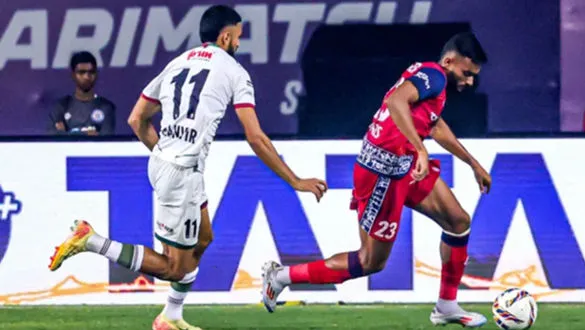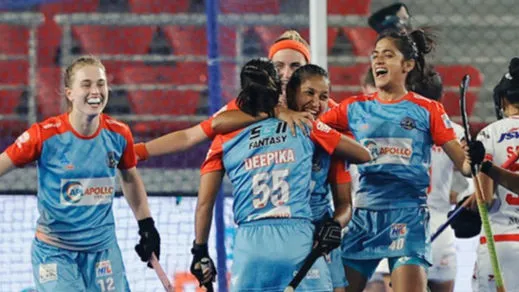The “We Women Want Festival and Awards”, organized by NewsX, became a dynamic celebration of women’s empowerment and achievements across multiple fields. The event provided a platform for accomplished women to share their insights, experiences, and visions for a more equitable future, bringing together influential voices who emphasized the importance of educating both young girls and boys.
Hosted by NewsX Editor Devika Chopra, the event featured an inspiring panel of leaders in education, including Nalini Singh Rajput, Headmistress of RSJMS; Anuradha Das Mathur, Dean of The Vedica Scholars Programme for Women; and Nishi Mishra, Principal of Scindia Kanya Vidyalaya, Gwalior. These panelists provided valuable perspectives on evolving conversations within educational spaces and broader society.
Transformative Conversations with Young Girls
Nalini Singh Rajput shared her deep connection with young girls, highlighting her passion for fostering their growth and happiness. “I engage with them in every possible way to make them joyful and enthusiastic learners,” she expressed, underscoring the crucial role educators play in shaping the future of young girls. Rajput’s commitment to nurturing young minds reinforces the importance of supportive and transformative educational environments.
Anuradha Das Mathur reflected on the significant changes in conversations surrounding young girls over the past decade. “In the last 10-15 years, conversations have changed dramatically. Young girls are now encouraged to dream big and prioritize their ambitions without putting themselves last,” she remarked. This cultural shift has enabled girls to actively pursue their aspirations and engage confidently in their personal and professional lives.
Nishi Mishra echoed these sentiments, emphasizing the importance of adapting conversations with young girls to reflect societal progress. “The conversations we have with young girls must evolve as the world does. It’s crucial to light the torch of knowledge and pass it on,” she added. Mishra’s focus on empowering young women to express their dreams and aspirations is essential in building an inclusive and supportive community.
Engaging with Young Boys for Inclusivity
The discussion extended beyond young girls, addressing the need for inclusivity in conversations about empowerment. Nalini Singh Rajput emphasized that education plays a critical role in shaping young boys’ perspectives. “It all comes down to schooling and education. The boys and teachers in our schools are crucial in making a difference,” she said. This approach highlights the responsibility of educators to promote gender equality and inclusivity.
Nishi Mishra highlighted the importance of educating boys on topics traditionally overlooked, such as menstrual hygiene. “We try to include sessions on menstrual hygiene with boys as well,” she explained. This inclusive approach helps break down stigmas associated with women’s health issues and fosters mutual understanding and respect between genders.
Anuradha Das Mathur emphasized the need for both men and women to share responsibilities in creating an equitable society. “Patriarchy is damaging not just for women but for men as well. It’s vital that both men and women recognize their roles as partners in creating a more equitable society,” she stressed. Her remarks underscored the importance of collective efforts to dismantle patriarchal systems and promote gender equality.
Financial Independence and Workforce Participation
Mathur also addressed the critical issue of financial independence for women, stressing that it is essential for achieving true empowerment. “Women need to understand the importance of being financially independent,” she urged. Despite higher levels of education, many urban women still face barriers to employment, which remains a significant challenge to their professional growth. “The participation of urban women in the workforce is still quite low, which poses a considerable challenge,” she added.
This observation raises important questions about societal structures that hinder women’s advancement in the workplace, despite their educational achievements. Addressing these barriers is key to enabling women to achieve financial independence and contribute fully to the economy.
A Call for Continued Action
The “We Women Want Festival and Awards” not only celebrated women’s achievements but also served as a call to action. Panel discussions underscored the need for ongoing dialogue and proactive measures to ensure that both girls and boys are equipped with the skills, knowledge, and confidence to navigate a changing world.
By focusing on empowering young women and fostering understanding among young men, the festival set the stage for a more equitable and prosperous future for all. The event exemplified the power of collaboration, education, and dialogue in driving meaningful change in society.
Watch Live:























